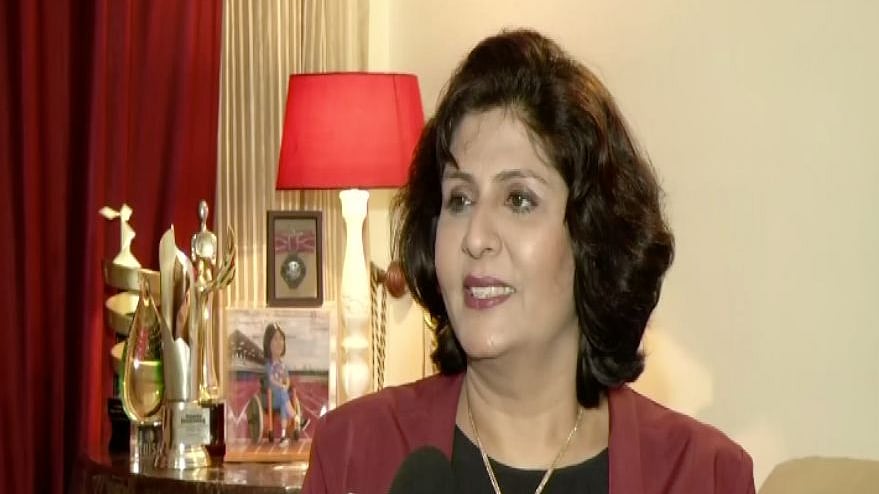Para-Athlete Deepa Malik Says Khel Ratna Validates Her Journey
“It was very unconventional for a woman with chest-below paralysis to suddenly want to go out and play,” said Deepa.

advertisement
Video Editor: Varun Sharma
Indian para-athlete Deepa Malik, who has been nominated for the country’s highest sporting honour, believes that the prestigious Rajiv Gandhi Khel Ratna award validates her journey which has been unconventional and challenging.
“Hardwork, consistency, perseverance, determination self-belief – these are not dictionary words. When you put them all together, work hard and follow your passion, rewards are bound to come,” said the 49-year-old.
“It was winning a medal and making my country proud, making a mark internationally, and giving out a loud and clear statement into the world that India is now inclusive. India also has a lot of potential and Indian women have a lot of courage, determination, and character,” she added.
Deepa Malik became paraplegic when a spinal tumour made walking impossible for her 17 years ago.
But despite having chest-below paralysis, Deepa defied odds to become the first Indian woman to win a medal at the Paralympics when she bagged a silver in the shot put F53 category (for para-athletes who make seated throws and have full muscle power at their shoulder, elbow and wrist in the throwing arm) at the 2016 Rio Paralympic Games.
“People normally retire at that age. And then being the first in my disability category, and being the first to actually reach a qualification mark where I could represent India... It was new for the coaches, it was new for the sports world to see a woman with no bladder and bowel control with no torso balance, with major surgeries on the spinal column. The coaches were scared to train me. And then there was lack of understanding of my disability,” she said.
Deepa, who was previously honoured with the Arjuna Award in 2012 and Padma Shri in 2017, also revealed that she had been forced to drop out of the 2020 Tokyo Paralympics, and did not choose to do so.
“In my disability category of 53kg wheelchair category my event has not been included. And that has been a challenge. We either get clubbed into categories… or for example, 2012 Paralympics had javelin, 2016 had shot-put, 2020 has discus in my disability category. So to learn a new skill, to be able to represent your nation in a very important world championship, Asian Games, Paralympics, and also get a medal is not easy,” she said.
(At The Quint, we question everything. Play an active role in shaping our journalism by becoming a member today.)